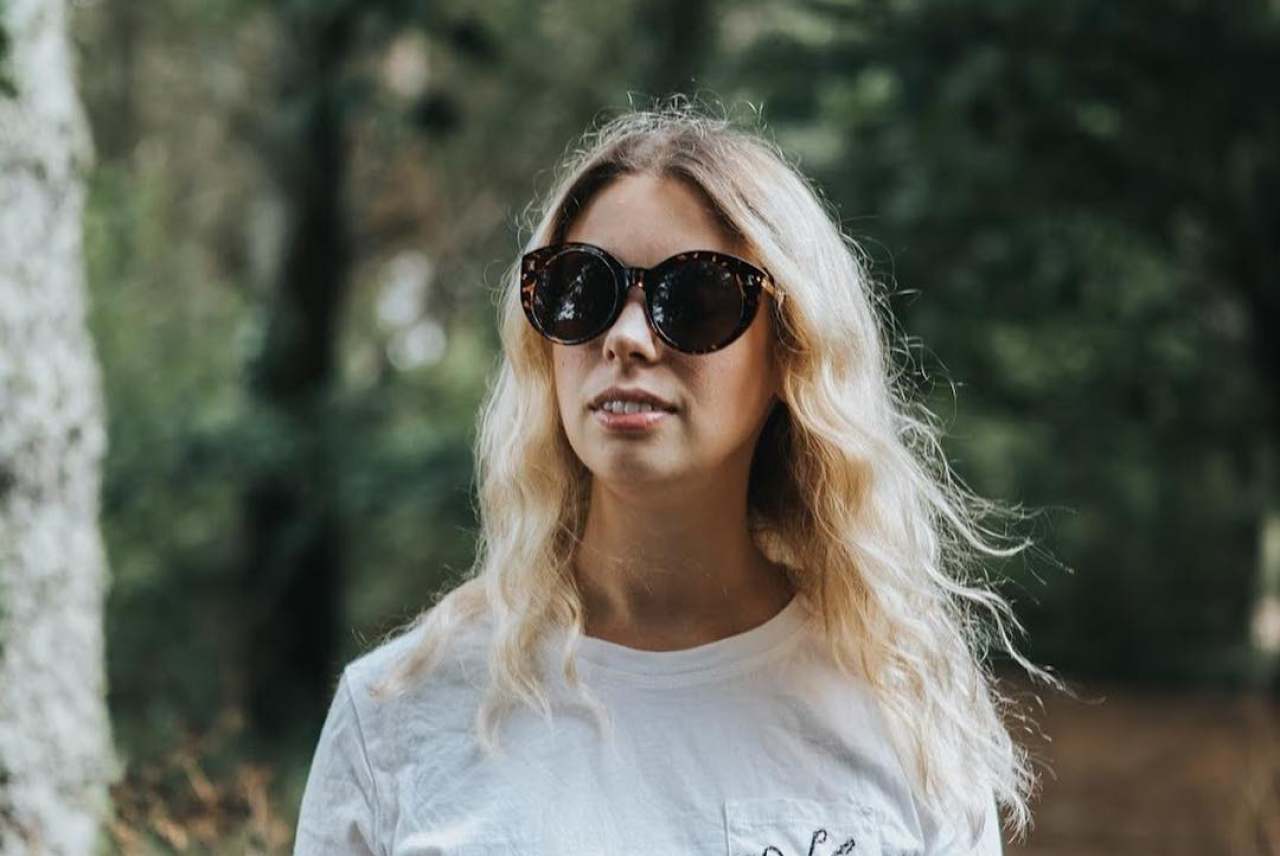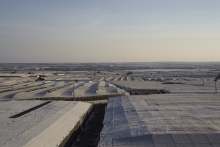You’re an ethical blogger interested in social justice. What first opened your eyes to ethics?
It’s hard to pinpoint a specific moment, but coming from an arts background, I feel like I was in spaces where those discussions were happening a fair bit. A large part of my MA focused on cultural studies and activism, so we were talking a lot about systemic oppression and ways people were resisting. It’s where I first learned about Liberate Tate, which campaigned for the Tate to drop its oil funding, in depth, for example. During this time I started making changes in my own lifestyle too. I’d say learning is always a journey of growth, but that was maybe the point where the journey became more intentional.
In general though, I think those interests can definitely be sparked by reading a lot of fiction from diverse authors. That was the case for me from a fairly young age. It cultivated so much empathy and understanding outside of my own bubble of privilege, so I’d say reading/engaging with storytelling can help set people up for activism. I’m so grateful for my local childhood library!
For anyone looking to make changes to their lifestyle impact, what would be your recommendation for the best place to start?
I think there’s two answers to this question, depending on your priorities. If you’re thinking more about the tangible aspects of your day to day life (for example reducing plastic or eating more plant based) then I would say start small and take it little by little. Work on adopting one habit at a time, learning one meal at a time, making one sustainable switch at a time, then move on to the next one when that becomes normal to you. It’ll help you sustain things in the long run.
However if you’re looking to make the biggest impact as efficiently as possible, start by switching your bank account, which will take your money out of fossil fuels and the arms trade. Ethical Consumer has a great guide on the best ethical options!
A lot has changed during lockdown and it’s been a hard time for many. What advice would you give to someone struggling to make ethical choices at this time?
Please don’t be too hard on yourself at the moment! We are going through a pandemic.
Meanwhile 100 fossil companies are responsible for 71% of greenhouse gas emissions. There’s a lot of messaging from corporations and governments that tries to pin blame and guilt onto us for individual choices, but this isn’t the reality. Yes, try to make changes where you can, but what matters more is policy and system change. You can’t consume your way into a more ethical world, so just do your best with what’s feasible for you, and instead see how you can contribute to local activism where you are. No matter how small the part you play, it still matters!







